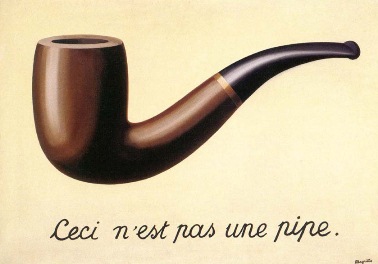Truth is a variable in it’s definition that relies on the cultural glasses worn by the observer. Maybe part of what this discussion is really about is honesty. Artists can be the honest ones to give voice to a found truth when others see the Emperor’s new clothes.
Perhaps part of the reason artists can give voice to honesty and truth is that they often have nothing to lose. The struggling singer-songwriter who can barely rub two pennies together is extremely sensitive to observing the world around them. In some ways the struggling singer-songwriter is in a very powerful place because they have no corporate or record label responsibilities to be “marketable.” Janis Ian says the world needs artists because artists tell the truth. Truth is honesty. The singer-songwriter is compelled to write about what is important to them and they hunt for the truths (and untruths) they see around them and then report this in song as honestly as they can.
Musical theatre has been a main topic for me during this course. Part of the reason that musical theatre is compelling to me is that the time period for a musical theatre work is almost always in the past. The reason for that is that there has to be enough distance between the subject to be able to see it clearly when cultural bias was waned a bit. When you look back at a time gone past, it is easier to divine the “truth” and the distortion of truth from that time period.
For example, my “Witches” musical looked at the time period of the Salem witch trials of 1692. In retrospect we are easily able to see the untruth of the court proceedings of that time and the reliance on spectral evidence. But in the time of 1692, the “truth” to contemporary residents was that Satan had infiltrated their town. That is an example of how truth can change over time when seen from a different culture or subsequent generation.
Bobby McFerrin says “Artists should be in the business of heart surgery, changing people’s hearts.” I agree that this is one important aspect of art. I also think it’s true that sometimes the way to changing people’s hearts is for them to see the actions of preceding generations and to have a possibly cathartic experience. As an example, the “Witches” musical I mentioned is heart wrenching in many places as the audience sees innocent people accused and put to death. That’s ugly. But, that experience may promote the audience members to think “I never want that to happen on my watch.” So the end result is changing people’s hearts even if the path to get there is not always beautiful.
Is truth a necessary element for catharsis? I think that on a gut level, most of us will have a cathartic experience if we witness someone going through an honest ordeal. An ordeal that could happen to any of us. If it’s not believable then we may have an experience but I don’t think it would necessarily be the combined pathos and healing of catharsis.
Plato believed that art is an imitation of perceived reality. I think it is ALL perceived reality and our perception is interpreted by the information we expose ourselves to. Is propaganda art? Propaganda is not truth but it can create truth. Propaganda changes the perception of reality and as long as that propaganda has a foothold in a collective mind that creates a tipping point, then it remains the accepted truth until toppled.
Is art propaganda? If art is an imitation of our perceived reality then it might be argued that all art is propaganda in some form. The artist is expressing a reality that they see and trying to imitate it. Is the reality that they are imitating the actual reality now or the reality they wish were here now. Plato was correct in his concern that a good artistic imitation could confuse people by giving them a false sense that they understand the world. However, art is just one small face of the information around us that can do this. We are in information overload and I wonder what Plato would think if he could see how much news and technical information we are bombarded with daily. Would he be so concerned with art at that point?
The artist has the opportunity to cut through all of this barrage and present simple truths for consideration by their audience. Celebrating beauty, enjoying each moment and from time to time speaking out where a wrong needs to be righted. That is part of the skill set of the artist to develop; the power to give a voice to a cause that is silenced.
The artist can make almost anything a truth. It is part of the artist journey to discover where they can make an impact and to choose the truths they give power and voice to.
